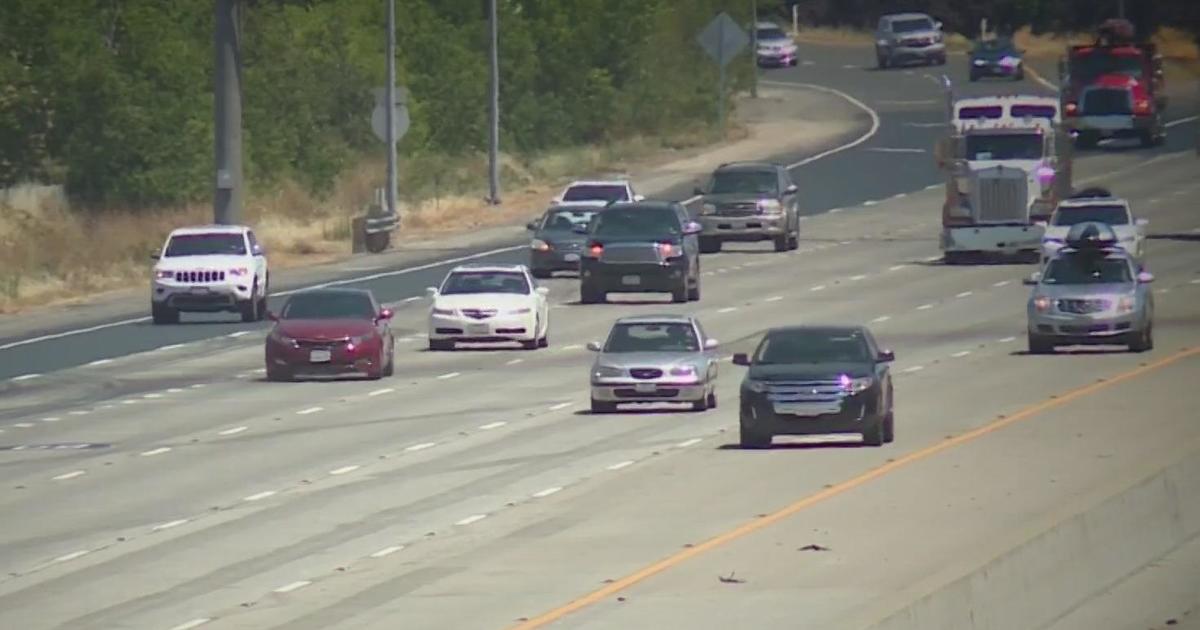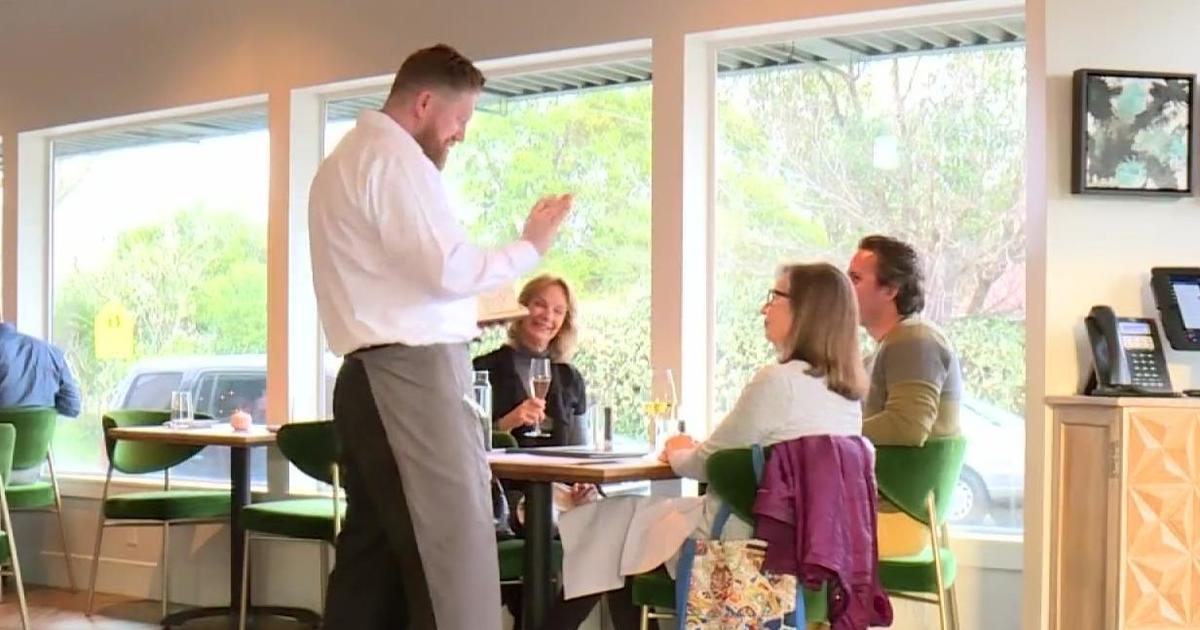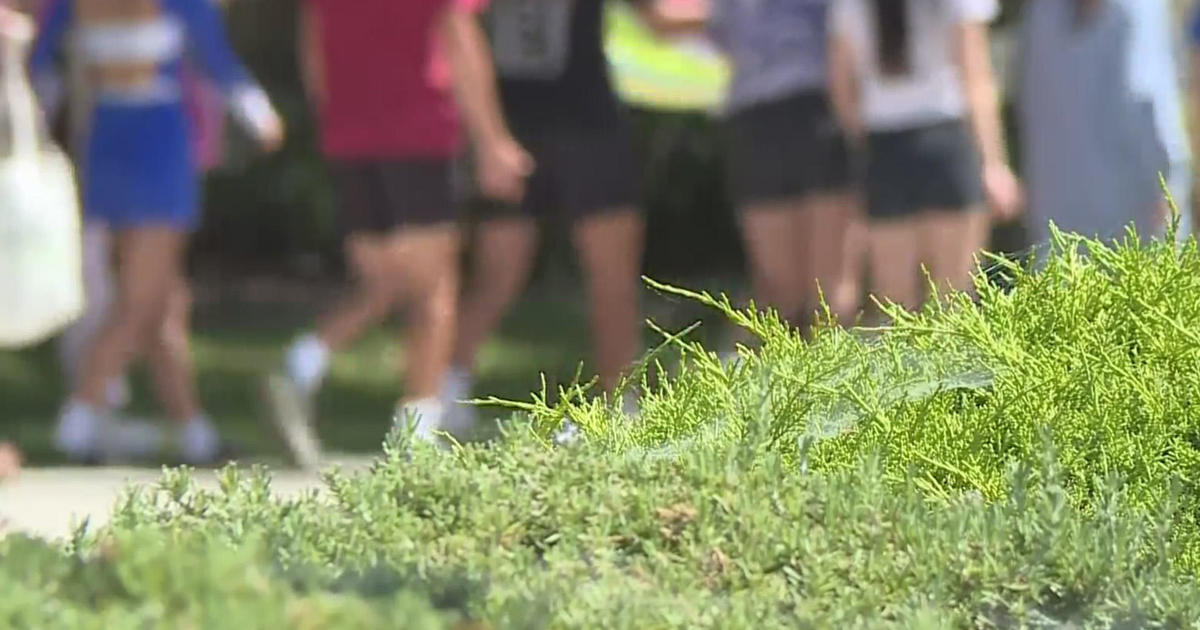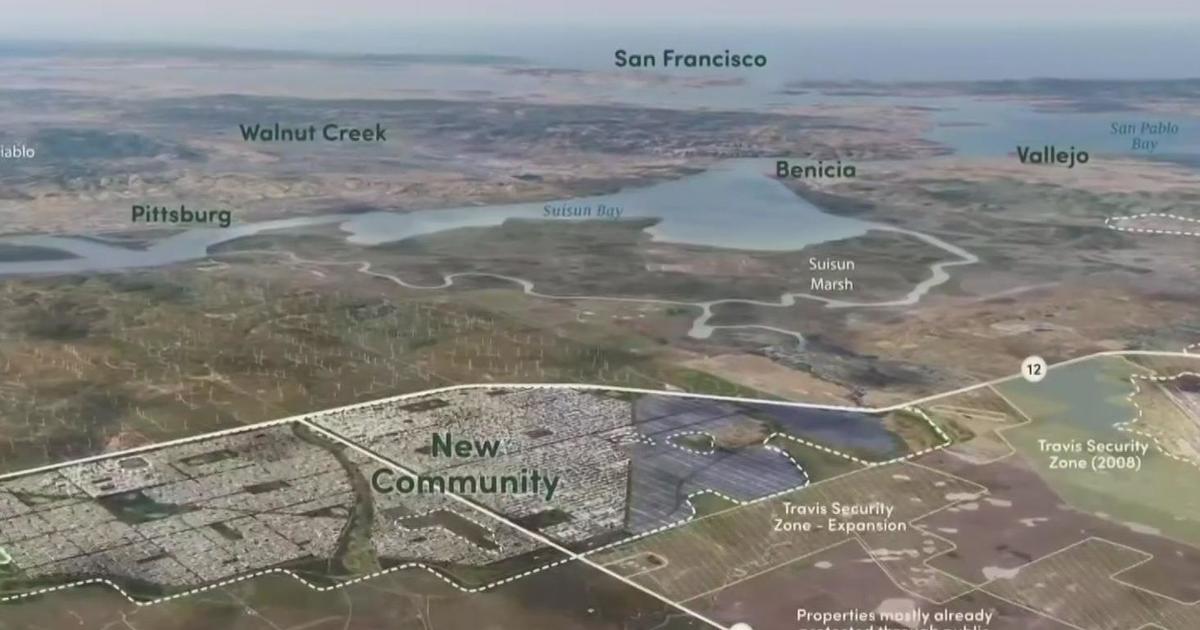Governor Newsom Agrees California Middle And High Schools Need Later Start Times
SACRAMENTO (CBS13) - High schools in California will need to push the first bell back to 8:30 a.m. starting in the 2022-2023 school year so teenagers can get more sleep.
Governor Gavin Newsom signed Senate Bill 328 on Sunday, requiring high schools to start no earlier than 8:30 a.m. and middle schools to start no earlier than 8 am.
Rural counties will be exempt from specified start times.
Currently, more than three-quarters of middle and high schools in California start before 8:30 am.
- Before 7:30 a.m., 3.5% of schools
- 7:30 to 7:59 a.m., 27.7% of schools
- 8:00 to 8:29 a.m., 47.6% of schools
- 8:30 a.m. or later, 21.2% of schools
Questions were raised about the cost. Bill Analysis showed tens of millions of dollars statewide would need to come from the Proposition 98 General Fund. That money will go to districts to make changes to school transportation routes, and hire additional bus drivers. School districts will need an additional amount, projected in the low millions, to add staff both before and after school. Districts will also need hundreds of thousands of dollars for "additional workload associated with collectively bargaining work hours."
Opponents also pointed out a later start time will create unintended costs and consequences for working parents responsible for getting their children to school and still arriving to work on-time.
The Elk Grove Unified School District wrote in opposition:
"…the permissive nature of the California Education Code currently allows Local Education Agencies to set their own start times. The fact that today more than one in five school districts voluntarily meet SB 328's standards proves the bill is unnecessary for communities that would be well
served by later start times. For communities and school agencies that would be burdened by a later school schedule, however, SB 328 would present tremendous difficulties with significant opportunity costs. And because school schedules have such a wide-ranging and significant impact on operations and expenses, a great number of districts would be hurt by this legislation for a number of different reasons. Determining school schedules is a decision that even more than most should reflect specific conditions and be decided locally, not from Sacramento."
A study done by the American Academy of Pediatrics said teens not getting enough sleep was "an important public health issue that significantly affects the health and safety" of students.
Governor Jerry Brown vetoed similar legislation last session, saying:
"This is a one-size-fits-all approach that is opposed by teachers and school boards. Several schools have already moved to later start times. Others prefer beginning the school day earlier. These are the types of decisions best handled in the local community."
The bill's author, Senator Anthony Portantino, wrote the bill is needed because, "The leaders of local school districts are or should be well-aware that requiring students – especially adolescents – to wake, travel to school, and learn during early morning hours is contrary to the developmental needs and biological sleep cycles of growing minds and bodies. Yet, only a handful of districts have been proactive in doing what is right for students by making the change back to traditional school hours, which prior to the 1980s had most school opening between 8:30 and 9 a.m. Today, most middle and high schools begin at or way before 8 a.m."
Monday, he released a statement:
"Governor Newsom displayed a heartwarming and discerning understanding of the importance of objective research and exercised strong leadership as he put our children's health and welfare ahead of institutional bureaucracy resistant to change. Generations of children will come to appreciate this historic day and our Governor for taking bold action. Our children face a public health crises. Shifting to a later start time will improve academic performance and save lives because it helps our children be healthier. The PTA, researchers, doctors, educational advocates and every parent and child who worked tirelessly and passionately on this three-year effort should take pride in what we have accomplished with the passage of SB 328. When I heard the good news I literally got choked up because of the overwhelming positive impact this will have on our children and for the deep appreciation for everyone who took this journey together. I am beyond excited that now our work begins to implement this necessary educational and public health reform."
Vacaville Unified implemented a later school start time last school year. Several students CBS13 spoke with said the later time didn't help. "You're really just staying up later, and you're just leaving the same amount of time and just waking up, just at a different time," Noah Windham said.
They say it's harder to fit in time for homework after getting home late from athletics, and their grades are taking a hit. But Vacaville District leaders say since this policy started, the data they've taken is mainly positive.
"Certainly first-period tardiness is way down, so that's a good sign generally. Attendance is better, grades seem a little bit better," said ED Santopadre, Assistant Superintendent, with the Vacaville Unified School District.
Other students agree with that.
"I like it because last year I used to skip first period a lot so my grade in that class dropped a lot. But this year, because I get to sleep longer, I've been getting to school on time," said senior Nika Nowroozi.



